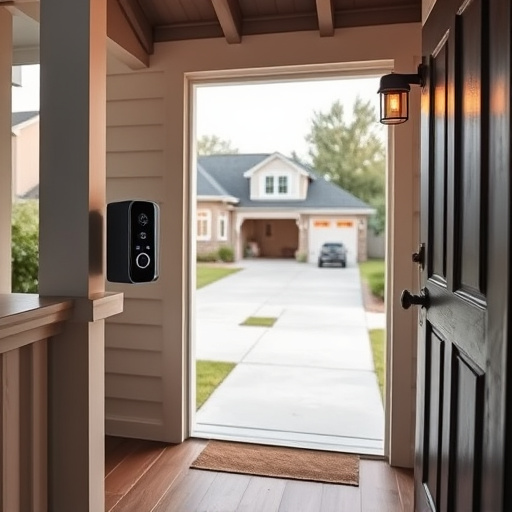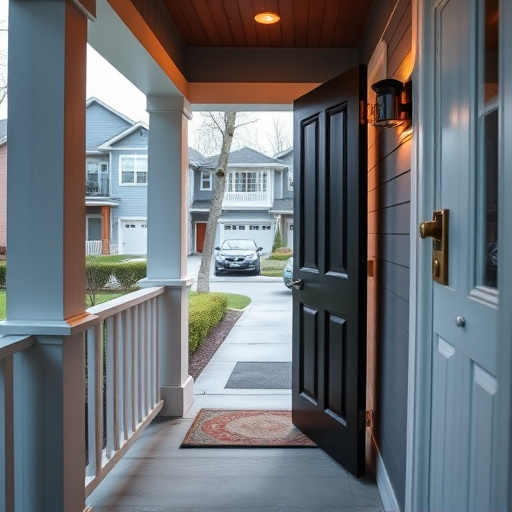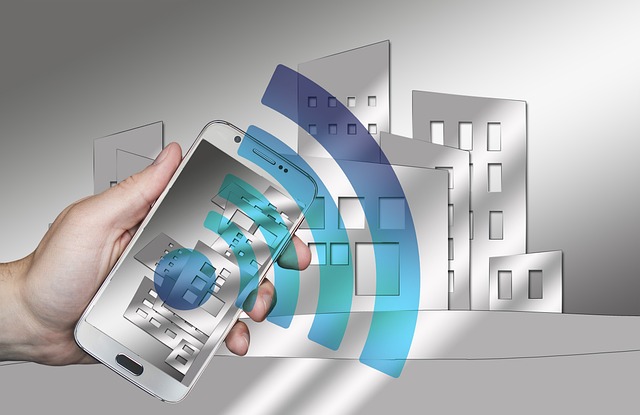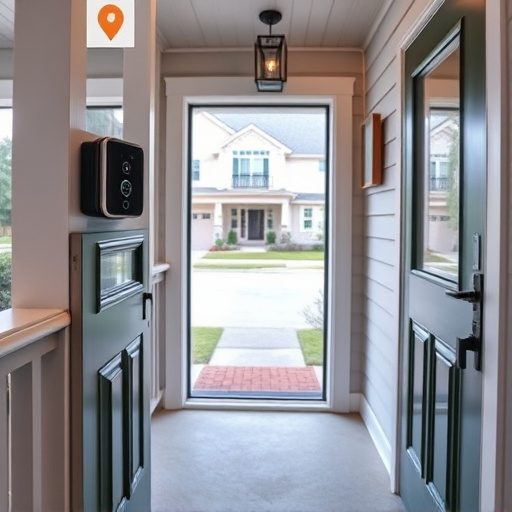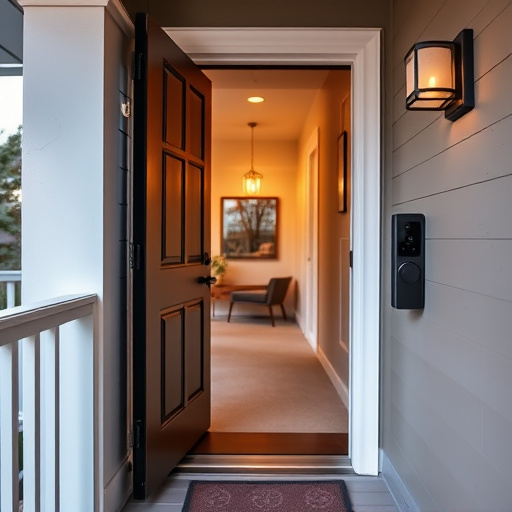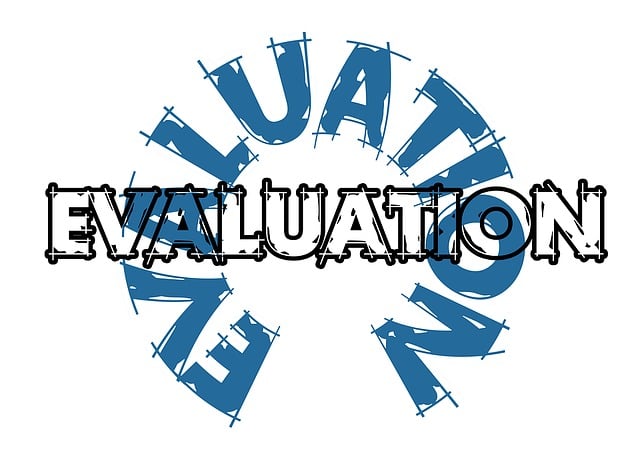Transform your home into a haven of unparalleled security and peace of mind with professional security monitoring—your personal sentinels watching over your sanctuary day and night. While considering the pros and cons, embrace the advantages of 24/7 surveillance, immediate alerts, and smart energy savings. Our comprehensive guide to home monitoring helps you navigate these options seamlessly. Through a careful security service evaluation, you'll unlock tailored solutions that balance cost-effectiveness, privacy, and advanced technology, fostering an environment of trust and ease. Make informed decisions, knowing your home is fortified against potential threats, while you enjoy the comfort of a smartly secured living space.
Experience unparalleled peace of mind by unlocking the transformative power of professional security monitoring for your home. In today’s world, having a vigilant guard is no longer just an option—it’s a smart, proactive step towards enhancing your daily life and ensuring your loved ones’ safety. Let’s explore how this innovative solution can revolutionize your home safety journey while navigating its benefits and drawbacks.
- Unlock Peace of Mind: Navigating the Benefits and Pros of Home Monitoring
- Innovative Security Solutions: Evaluating the Drawbacks and Advantages of Professional Monitoring Services
- Transform Your Home Safety: A Comprehensive Look at the Pros and Cons of Monitoring Services
- Enhance Your Security, Simply: Weighing the Benefits and Drawbacks for a Smart Home Monitoring Service Assessment
Unlock Peace of Mind: Navigating the Benefits and Pros of Home Monitoring
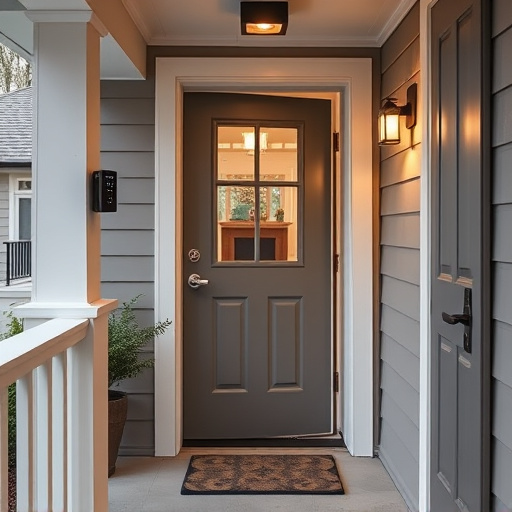
Many homeowners and renters are considering home monitoring as a way to enhance their safety and peace of mind. Before diving into this decision, it’s crucial to weigh the benefits and drawbacks of professional security monitoring services. Picture your home as a sanctuary—a place where you should feel secure and protected. Professional security monitoring offers a layer of that protection by providing 24/7 surveillance, ensuring your family’s safety even when you’re away. This service can be particularly reassuring for those who live alone or have elderly relatives at home, offering swift response to potential issues like break-ins, fires, or medical emergencies.
When evaluating security services, it’s important to consider both the benefits and drawbacks. Benefits of home monitoring include increased safety, immediate alert systems, and even energy savings through smart home integration. However, drawbacks such as high installation costs, dependency on reliable internet connections, and potential privacy concerns should not be overlooked. A thorough assessment involves understanding your specific needs, budget, and lifestyle—considering both the tangible advantages like reduced insurance premiums and intangible ones like mental reassurance. Remember that choosing the right monitoring service is about finding a balance between staying vigilant and maintaining a sense of comfort in your own home.
Innovative Security Solutions: Evaluating the Drawbacks and Advantages of Professional Monitoring Services
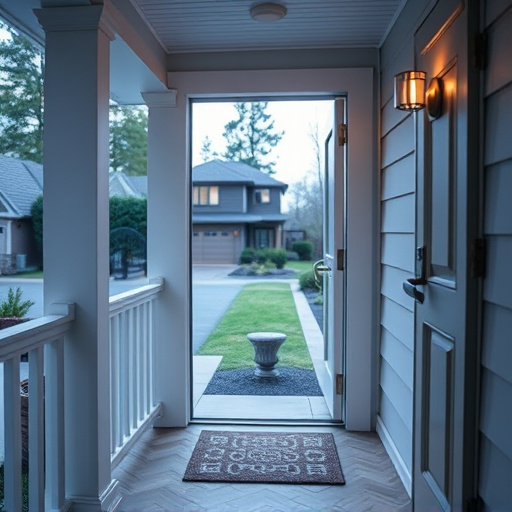
When considering professional security monitoring for your home, it’s crucial to weigh both the benefits and drawbacks. Visualize your sanctuary as a fortress, where every corner is watched over, not just by you but by a dedicated team. Professional monitoring services offer enhanced peace of mind, providing 24/7 vigilance against potential threats. They act as your silent guardians, ready to spring into action at the slightest hint of danger. This technology-driven approach ensures that even when you’re away, your home remains a place of safety and security.
Evaluating these services involves assessing their drawbacks, such as cost and privacy concerns. Yet, the advantages far outweigh these minor hurdles. Benefits include swift response times during emergencies, remote access to live feeds, and the comforting knowledge that an alert system is always active. For homeowners and renters alike, professional monitoring can be a game-changer, fostering a sense of security and empowering you to take control of your safety. This thoughtful assessment will help guide your decision, ensuring you choose the best course of action for your home’s protection.
Transform Your Home Safety: A Comprehensive Look at the Pros and Cons of Monitoring Services

Transforming Your Home Safety: Weighing the Pros and Cons of Monitoring Services
As you consider ways to strengthen your home’s security, you’ve likely encountered the concept of professional security monitoring. This service offers a promising safety net, but like any decision, it comes with its own set of advantages and disadvantages. Understanding these pros and cons is crucial for making an informed choice that aligns with your needs and peace of mind. Visualize your home as a fortress, and think of monitoring services as the vigilant sentinels guarding its walls – they’re designed to protect you, but their effectiveness depends on understanding both their strengths and potential drawbacks.
Let’s explore the benefits of home monitoring first. These services provide 24/7 vigilance, allowing for quick responses during emergencies. They offer advanced technology like motion sensors and glass-break detectors, providing early warning systems that can deter criminals before they strike. Additionally, many services include a direct link to emergency services, ensuring swift assistance if needed. However, it’s important to weigh these benefits against potential drawbacks. Monitoring services can be costly, and false alarms, while rare, can lead to unnecessary stress and fees. Privacy concerns also arise, as some systems collect data on your home activity. A thorough security service evaluation involves balancing these factors to ensure the best solution for you.
Enhance Your Security, Simply: Weighing the Benefits and Drawbacks for a Smart Home Monitoring Service Assessment
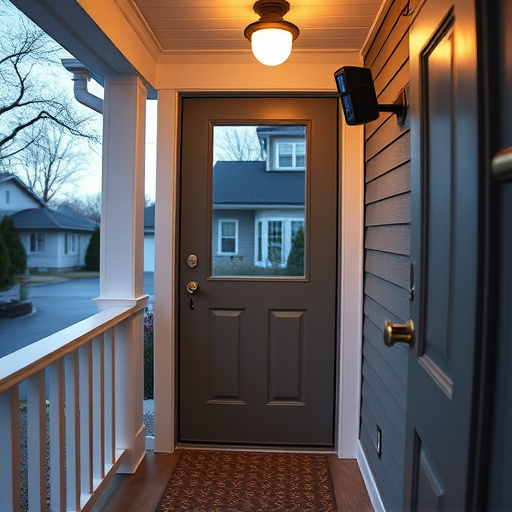
Enhancing Your Security Peace of Mind: Weighing the Benefits and Drawbacks of Home Monitoring Services
As a homeowner or renter, your safety and peace of mind are paramount. Professional security monitoring offers an appealing solution, but it’s essential to consider both the benefits and drawbacks before making a decision. Visualize your home as a fortress, with each room a strategic point in your personal security network. A reliable monitoring service acts as the watchtower, constantly vigilant for potential threats. By integrating smart sensors and cameras, these services provide real-time alerts, allowing you to respond swiftly to any unusual activity. This proactive approach can deter intruders, protect valuable belongings, and even save lives.
While the promise of enhanced security is compelling, it’s crucial to weigh the drawbacks. Privacy concerns top the list, as constant surveillance raises questions about data storage and access. Additionally, false alarms, limited coverage areas, and reliance on technology can create frustrations. A balanced evaluation involves understanding your specific needs: Do you require 24/7 monitoring? Is a broad coverage area essential? Answering these questions will help you make an informed decision, choosing a service that offers the optimal balance of security, peace of mind, and value for your unique situation. Remember, your home is your sanctuary; selecting the right monitoring partner ensures it remains just that – yours, secure, and free from worry.
As you reflect on the transformative potential of professional security monitoring, remember that peace of mind is within reach. By weighing the home monitoring pros and cons, you’re taking a proactive step towards enhancing your family’s safety and well-being. Imagine a secure haven, where every alarm is a safeguard against unforeseen dangers, and every sensor is a silent guardian.
The benefits of home monitoring far outweigh the drawbacks when viewed through the lens of tranquility and empowerment. Embrace the modern solution that aligns with your lifestyle and priorities—it’s time to unlock a new level of security and control.
Curious to learn more about how professional security monitoring can empower your daily life? Dive into our comprehensive guide, where every detail is designed to inspire confidence and facilitate informed decisions. Discover the simple steps towards transforming your home safety today.

